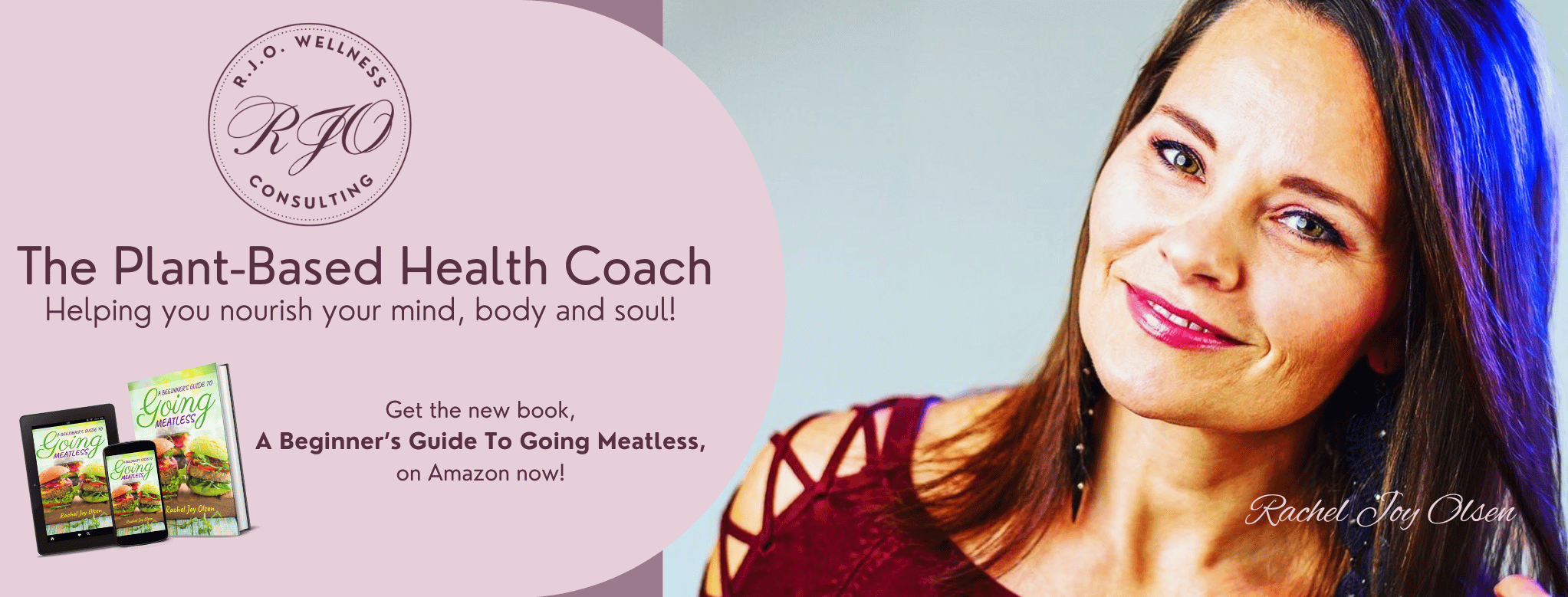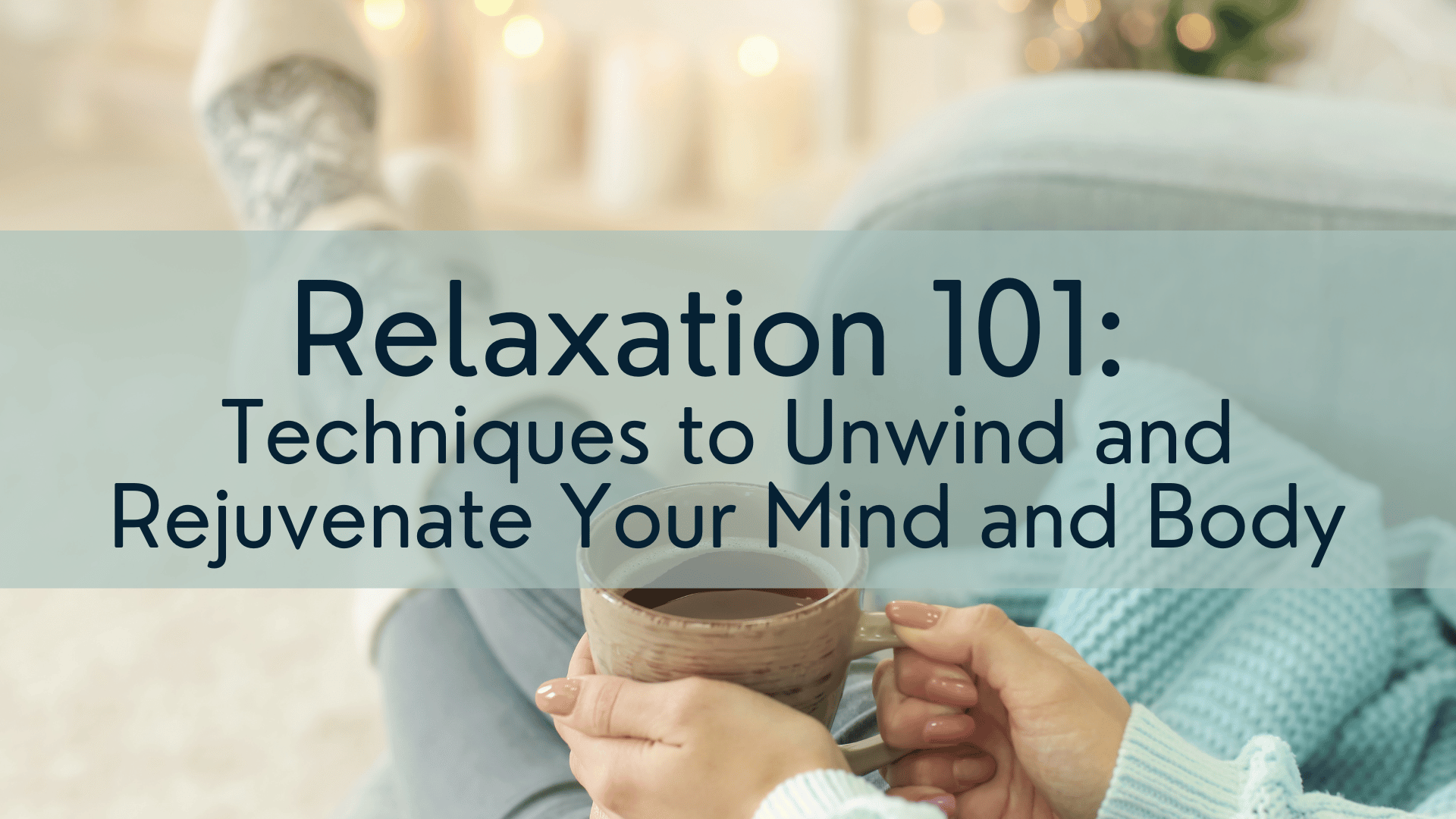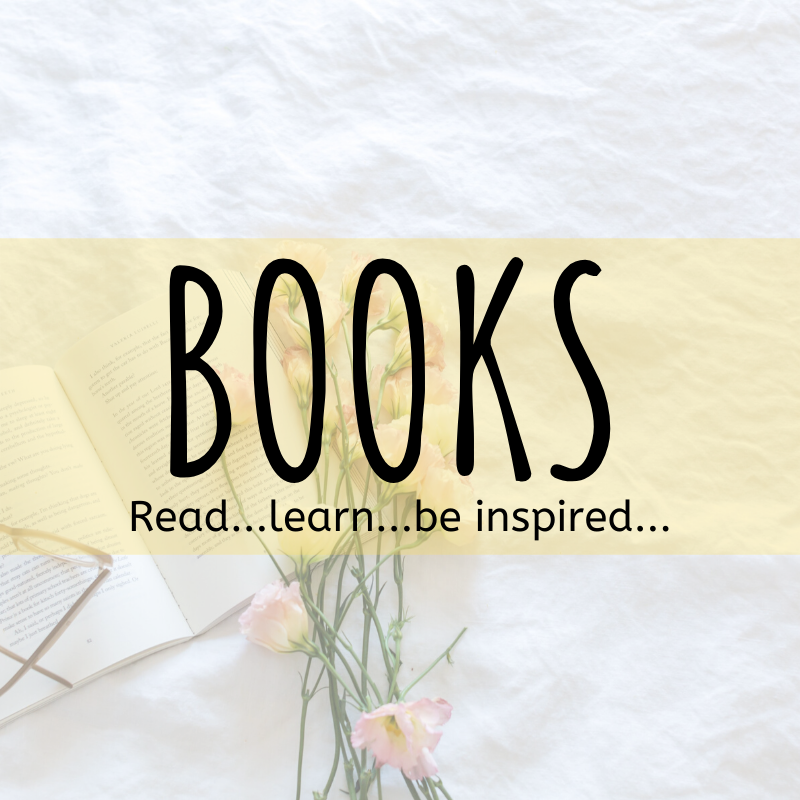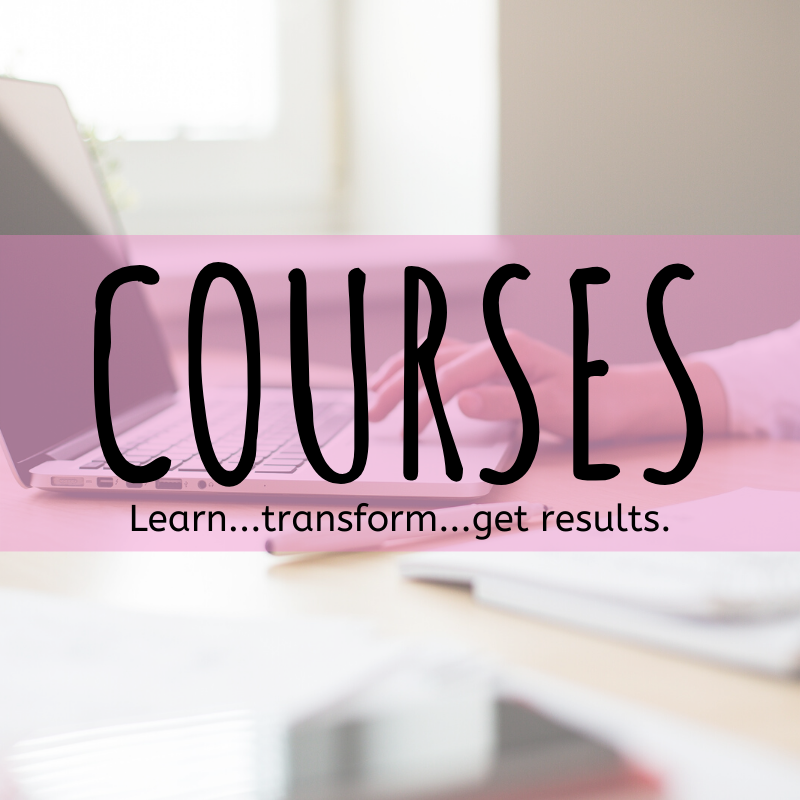Welcome to Relaxation 101, where we delve into the art and science of unwinding for holistic health. As a health coach passionate about nurturing well-being from every angle, I’m excited to guide you through the significance of relaxation in holistic health and offer a plethora of techniques for stress relief that will leave you feeling rejuvenated in mind, body, and spirit.
The Significance of Relaxation in Holistic Health:
In the fast-paced world we live in, relaxation often takes a back seat to productivity and achievement. However, it’s essential to recognize that relaxation is not just a luxury; it’s a fundamental component of holistic health. When we allow ourselves to relax, we activate the body’s natural healing mechanisms, reduce stress hormones like cortisol, and promote a state of balance known as homeostasis.
From a holistic perspective, relaxation impacts every aspect of our being. Physically, it reduces muscle tension, lowers blood pressure, and improves immune function. Mentally, it enhances clarity, focus, and creativity. Emotionally, it cultivates a sense of calm, resilience, and emotional intelligence. Spiritually, it deepens our connection to ourselves and the world around us.
Techniques for Stress Relief:
- Deep Breathing Exercises: Take a moment to focus on your breath. Inhale deeply through your nose, filling your lungs with air, and exhale slowly through your mouth. Repeat this several times, allowing each breath to bring a sense of relaxation and calm.
- Progressive Muscle Relaxation: Start by tensing and then slowly releasing each muscle group in your body, from your toes to your head. Notice the sensation of tension melting away as you let go of stress and invite relaxation.
- Mindfulness Meditation: Find a comfortable position, close your eyes, and bring your attention to the present moment. Notice the sensations in your body, the sounds around you, and the rhythm of your breath. Allow any thoughts or emotions to come and go without judgment, simply observing with curiosity and kindness.
- Yoga and Stretching: Engage in gentle yoga poses or stretching exercises to release tension and promote flexibility. Focus on the sensation of stretching and the connection between movement and breath.
- Nature Walks: Spend time in nature, whether it’s a walk in the park, a hike in the mountains, or a stroll along the beach. Nature has a calming effect on the nervous system and can help to reduce stress and restore balance.
- Journaling: Take a few moments to write down your thoughts, feelings, and experiences. Journaling can be a therapeutic outlet for processing emotions, gaining insight, and fostering self-awareness.
- Digital Detox: Disconnect from electronic devices and screens for a designated period each day. Use this time to engage in activities that promote relaxation and connection, such as reading, spending time with loved ones, or practicing a hobby.
In conclusion, relaxation is not just a luxury; it’s a vital aspect of holistic health and well-being. By incorporating relaxation techniques into your daily routine, you can reduce stress, enhance resilience, and cultivate a deeper sense of peace and balance in your life. Remember, relaxation is not something to be achieved once and forgotten; it’s an ongoing practice that requires intention, commitment, and self-compassion. So take a deep breath, release tension, and embrace the power of relaxation to nourish your mind, body, and spirit.




